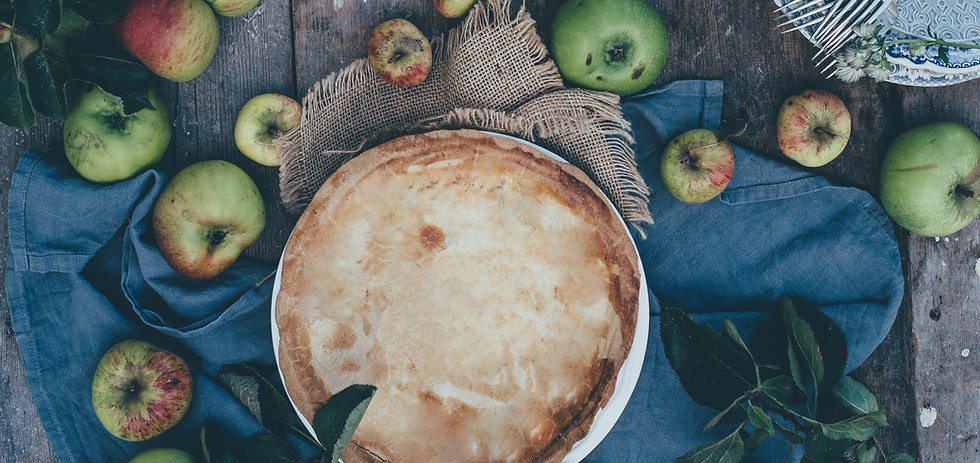Youth Research Vox
An Innovative Platform for Thinkers and Doers

JYLR Seasonal SDG Greeting
Rethinking Thanksgiving: Recognizing the real past and giving thanks to the gift of Mother Earth's abundance
Tye Trujillo, 12th grade student at Do.Think.Learn
While most people celebrate Thanksgiving, many Native Americans pause for a National Day of Mourning. Their National Day of Mourning represents the truth of Thanksgiving. Most people in the U.S. were taught that Thanksgiving is when “the Pilgrims and Indians celebrated” which isn’t true at all. Yet the myth of the first Thanksgiving is still taught in schools and passed on in homes. The American myth of thanksgiving represents ignorance and lack of acknowledgement to the Native American people. NativeHope.org stated that, “many teachers focus on this happy story, helping students make American Indian headdresses out of construction paper and holding Thanksgiving reenactments in their classrooms. These school activities also encourage young students to think it is okay to wear culture as a costume”. The truth about thanksgiving needs to be known, understood, and taught so we can acknowledge the people who came before us.
In 1621, the Plymouth Colony wouldn’t have survived if it wasn’t for the Wampanoag tribe. The Pilgrims were totally clueless about the resources available around them until the tribe showed them how to gather, hunt, and fish the area. The truth shows that no meals were eaten together in 1621. The colonists of Massachusetts Colony thanked the local Pequots by killing them off. According to Tommy Orange in There There, Thanksgiving comes to mean a time for Europeans to celebrate killing indigenous people. He tells us that, “In 1637, anywhere from four to seven hundred Pequot gathered for their annual Green Corn Dance, colonists surrounded their village, set it on fire, and shot any Pequot who tried to escape.” Thanksgiving didn’t become a holiday in the U.S. until Lincoln made it one in the middle of the 19th century. In colonial America “Thanksgiving” often involved violence against th local indigenous tribe. “Thanksgivings like these happened everywhere, whenever there were what we have to call successful massacres. At one such celebration in Manhattan, people were said to have celebrated by kicking the heads of Pequot people through the streets like soccer balls.” Due to this Native Americans use Thanksgiving as a day to remember, honor their ancestors, continue to protest against racism and oppression against indigenous people.
Giving thanks was already a way of life for Native Americans. Sean Sherman founder and CEO of the Sioux chef’s Indigenous Kitchen stated that, “Many of my indigenous brothers and sisters refuse to celebrate Thanksgiving, protesting the whitewashing of the horrors our ancestors went through, and I don’t blame them. But I have not abandoned the holiday. I have just changed how I practice it.” Even though Thanksgiving isn’t what most people think it is, for many indigenous people Thanksgiving can still be a time for gratitude and acknowledging a more honest version of history. Sherman continues, “the idea of giving thanks is central to Native heritage and culture, and in this way, Thanksgiving is simply a chance to appreciate the good things of life like family, community, and the riches of the land. Long before settlers arrived, Native tribes were celebrating the autumn harvest and the gift of Mother Earth’s abundance.” As we move into Thanksgiving holiday week, take time to rethink your understanding of the holiday. Move beyond the myth and take a moment to recognize a more honest history. Giving thanks on Thanksgiving is still ok, although like Chef Sherman said, we would all benefit from changing how (and what) we celebrate. So, this Thanksgiving, take a moment to recognize the real past and give thanks to the gift of Mother Earth's abundance.